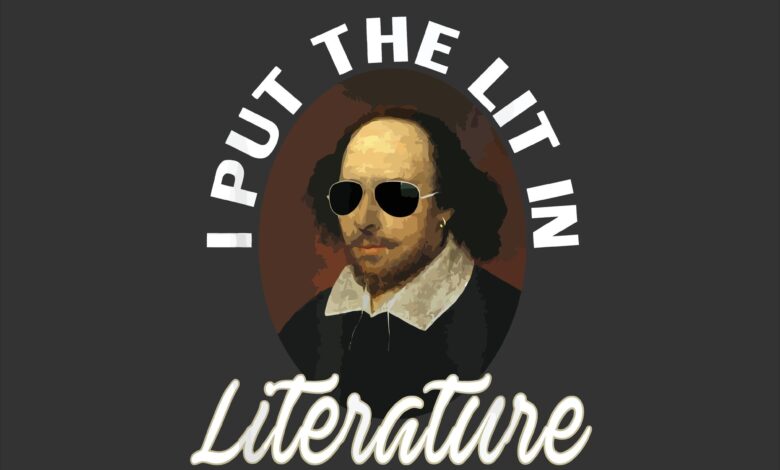
Shakespearean insults can be a great way to engage students in English. © Frank, Adobe Stock
It is well known that Shakespeare’s plays are full of words and phrases the playwright created, many hundreds of which are still in use today.
Expressions such as ‘love is blind’, being ‘in a pickle’, ‘green-eyed monster’ and ‘to break the ice’ are phrases the Bard wrote for plays almost 450 years ago that we commonly use today.
However, there are some less common – and more colourful – words that are worthy of being brought back to NZ classrooms and literature. So, we’ve compiled a whole heap to inspire your lesson plans today….
Mumble-news – a gossip
Churl – someone who is rude or impolite
Geck – a fool
Barnacle – someone who is tenacious and hangs around
Younker – a fashionable young man
Foot licker – obsequious, sycophant
Candle-waster – someone who sits up all night, probably studying or reading
Reeky – smelly
Odoriferous – really smelly
Artless – unsophisticated
Currish – bad-tempered
Droning – dull
Barren-spirited – emotionally numb
Lumpish – awkward
Bacon-fed – eats too much bacon
Belly-pinched – to be very hungry
Unmuzzled – someone who speaks their mind (but probably shouldn’t)
Lily-livered – cowardly
Weedy – skinny
Gleeking, to gleek – to jest or make sport
To cap and knee – to remove one’s hat and take a knee, a sign of extreme respect
Beslubbering, to beslubber – to coat something thickly with a liquid, like blood or mud (or vegemite)
Bemoaning, to bemoan – to be full of sadness, to speak plaintively
To bewray – to expose or reveal
Cleaping, to cleap – to embrace (either a hug or to embrace a concept)
To disvouch – to deny the existence of something, to contradict
To boggle – to flinch, to show signs of physical fear
Constering, to conster – to give information to others, to tell a story
What are your favourite Shakespearean phrases or words? Have you tried something similar with your students? Comment below.
Follow all the latest news and stories in School News most recent print edition here.
A new report from the University of Auckland’s Our Voices Project asks young people what…
The government has opened a tender for new standardised assessment tests, leaving educators shocked and…
Early in her career, Kiri Turketo found inspiration in an unlikely source. In this Principal…
Real stories of dedication, challenges, and triumphs from educators in NZ. Part six comes from…
Is fast furniture impacting your school's environmental footprint? We explore eco-friendly solutions to reduce furniture…
A new report from the New Zealand Initiative argues we need a stronger and clearer…
This website uses cookies.